In Artinis NIRS blog, you will find the latest trends in (f)NIRS, NIRS studies and applications, tutor from the leaders of near infrared spectroscopy, not to mention detailed insights and tips and tricks for your research!
Search blog post topic
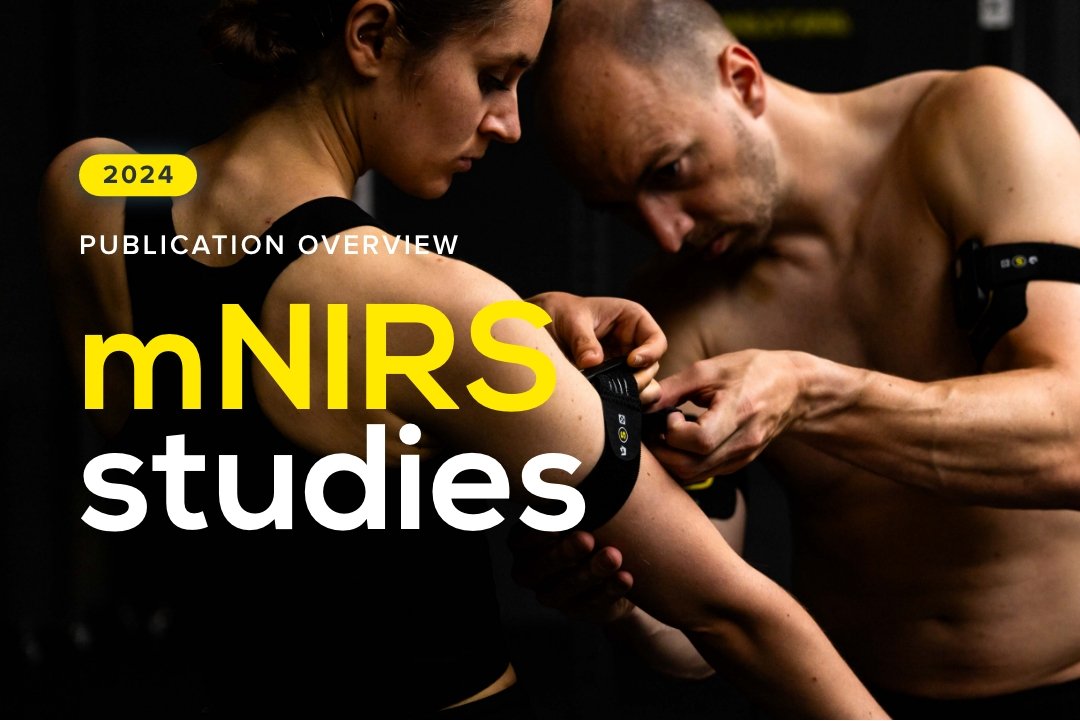
Publication overview 2024 - mNIRS studies with our devices
In 2024, an increasing number of exciting papers measuring muscle NIRS with our devices have been published. In this blogpost, we depict application fields and purposes of using NIRS to measure muscle oxygenation, and highlight relevant studies published in the last year using Artinis devices per category. Further, we show recent publications targeting to assess reproducibility in muscle NIRS.
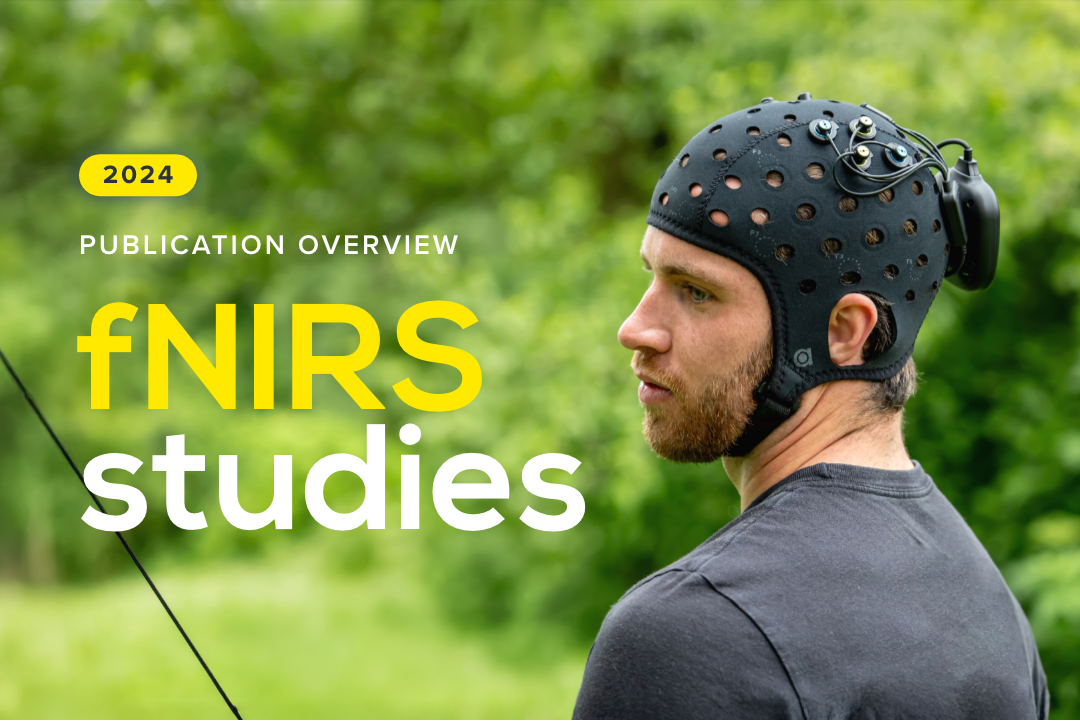
Publication overview 2024 - fNIRS studies with our devices
In 2024, an increasing number of relevant literature measuring brain activity with our fNIRS devices have been published. In this blogpost, we discuss application fields and purposes of using fNIRS to measure in the brain, and highlight exciting studies published in the last year with Artinis devices per category. Further, we show recent publications using our devices in naturalistic settings outside of the lab.
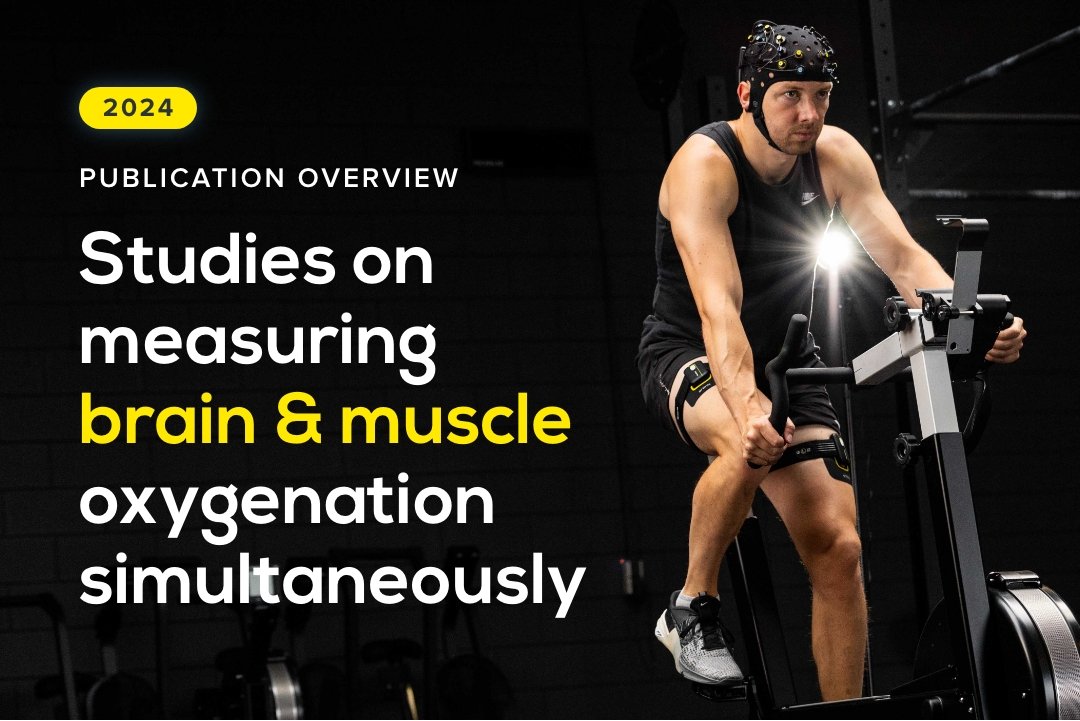
Publication overview 2024 - Studies measuring brain and muscle oxygenation simultaneously using our devices
NIRS can be used to measure brain and muscle oxygenation at the same time to get a complete picture on oxygen status in the body. We are happy that in 2024 an increased number of studies using NIRS on brain and muscle simultaneously in various application fields was released. Read this blogpost to learn more about application areas of NIRS to assess cerebral and muscular oxygenation, and highlighted publications of last year per category.
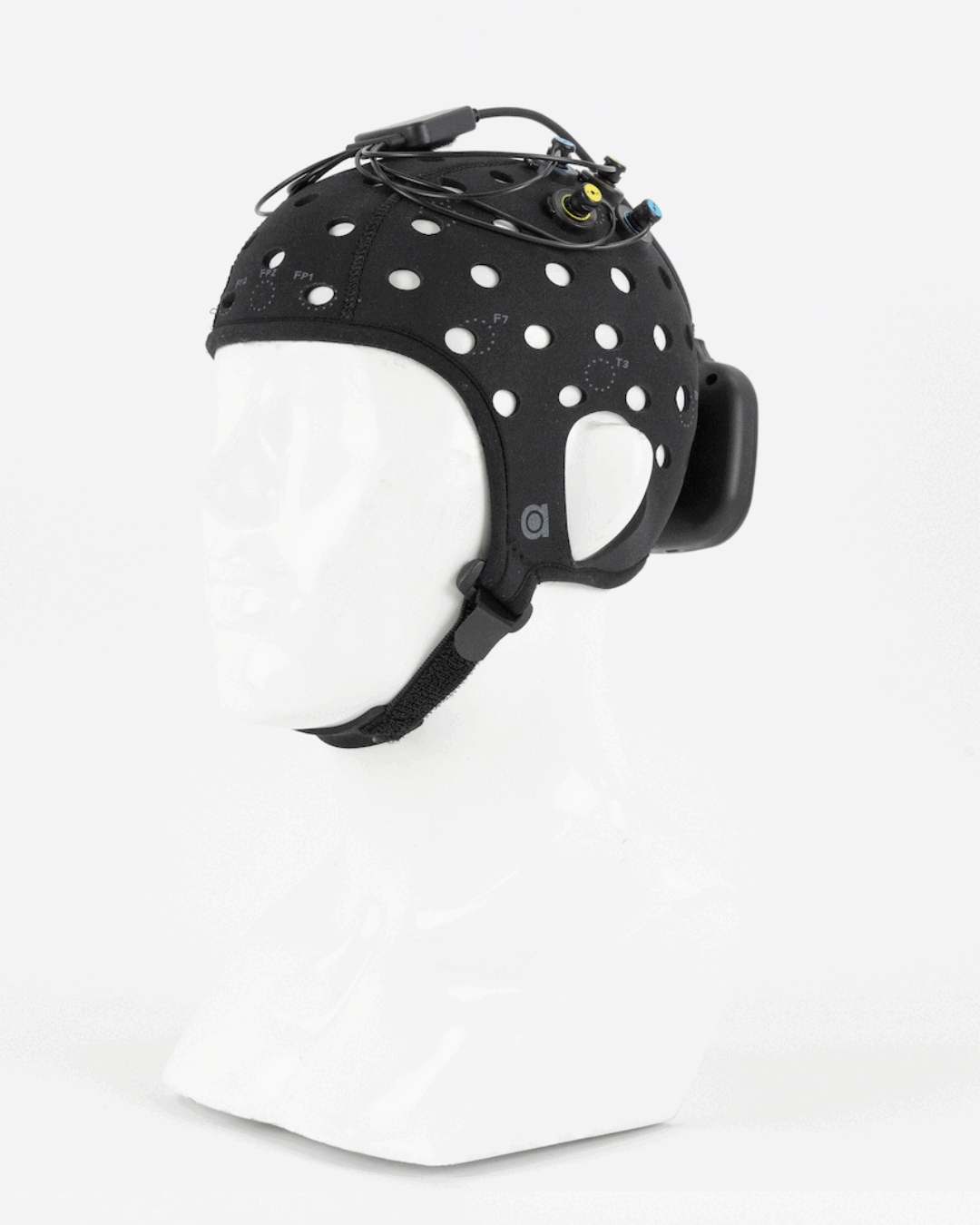
A Guide to Choosing the Right Headcap for fNIRS Studies
In multi-channel fNIRS studies, selecting the right headcap is essential for both researchers and participants. A well-fitted and comfortable headcap not only keeps participants focused during extended sessions but also ensures that NIRS optodes are securely positioned, leading to reliable and high-quality data collection.
This blog post provides a comprehensive guide on the key factors to consider when choosing the ideal headcap for your participants and research needs.
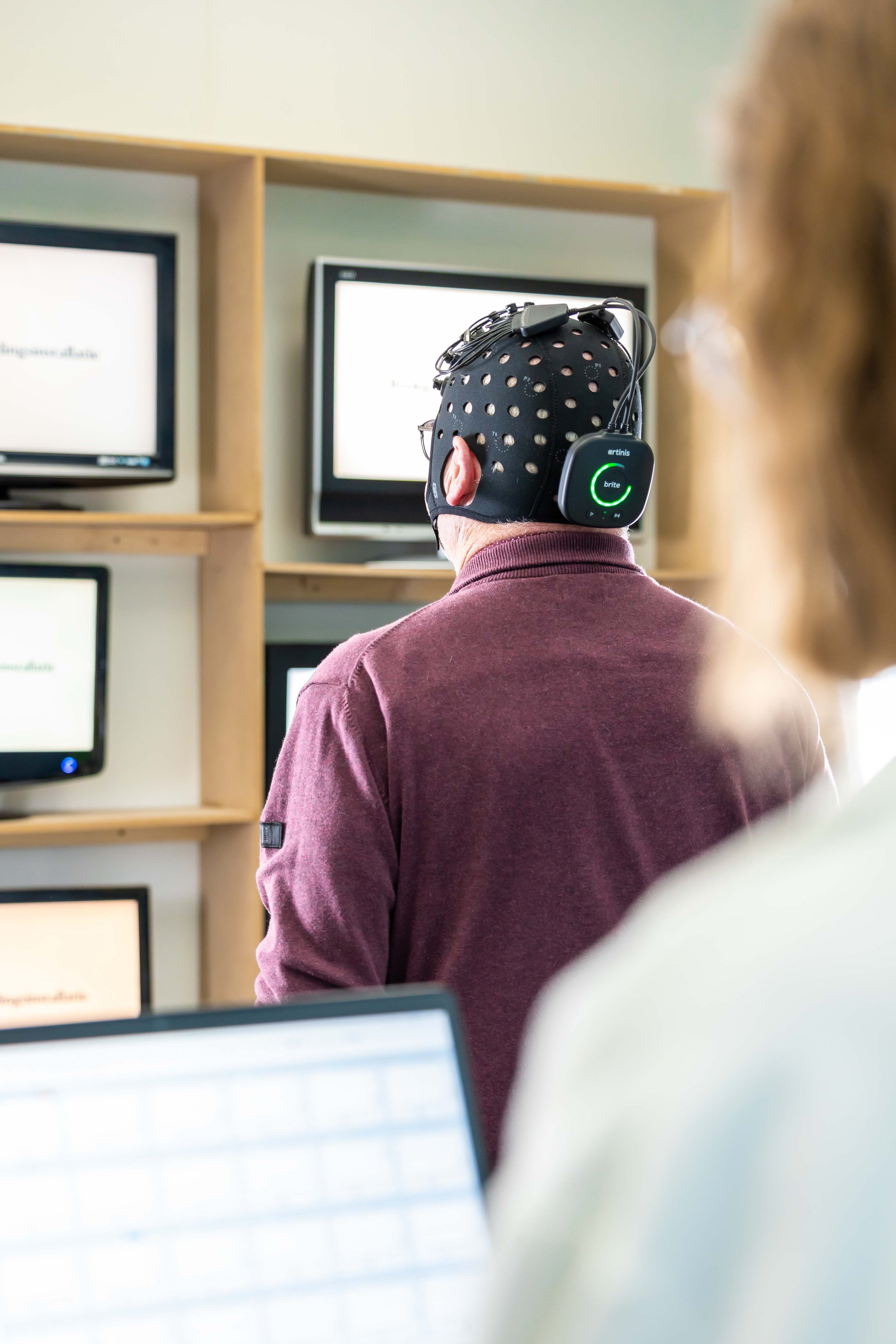
Which experimental designs to use in fNIRS — Introduction
This is the introduction post of our blogpost series on experimental designs in fNIRS. In this blogpost, we explain what fNIRS measures, which general considerations have to be considered, and which frequent experimental setups we have for fNIRS.
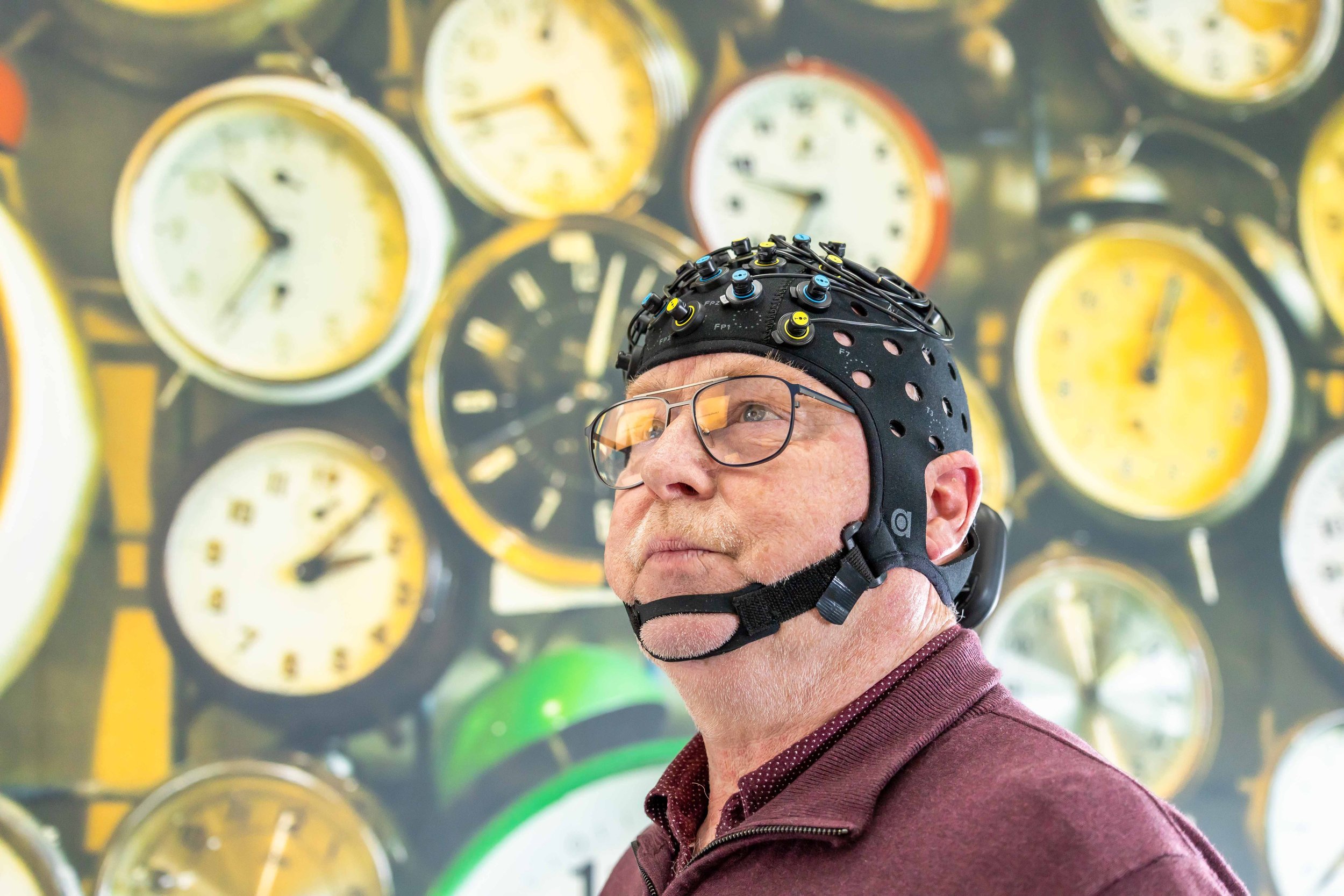
How Artinis fNIRS systems are ideal for monitoring the brain of sensitive participants
Functional Near-Infrared Spectroscopy is a neuroimaging modality measuring brain activity, that offers various advantages, such as easy usability and non-invasiveness. Thus, it can perfectly be applied to sensitive subjects, such as infants, toddlers, and the elderly. Read in this blog post, what makes fNIRS a suitable technology to measure neural activity in sensitive subjects, and how it is currently used in this population.
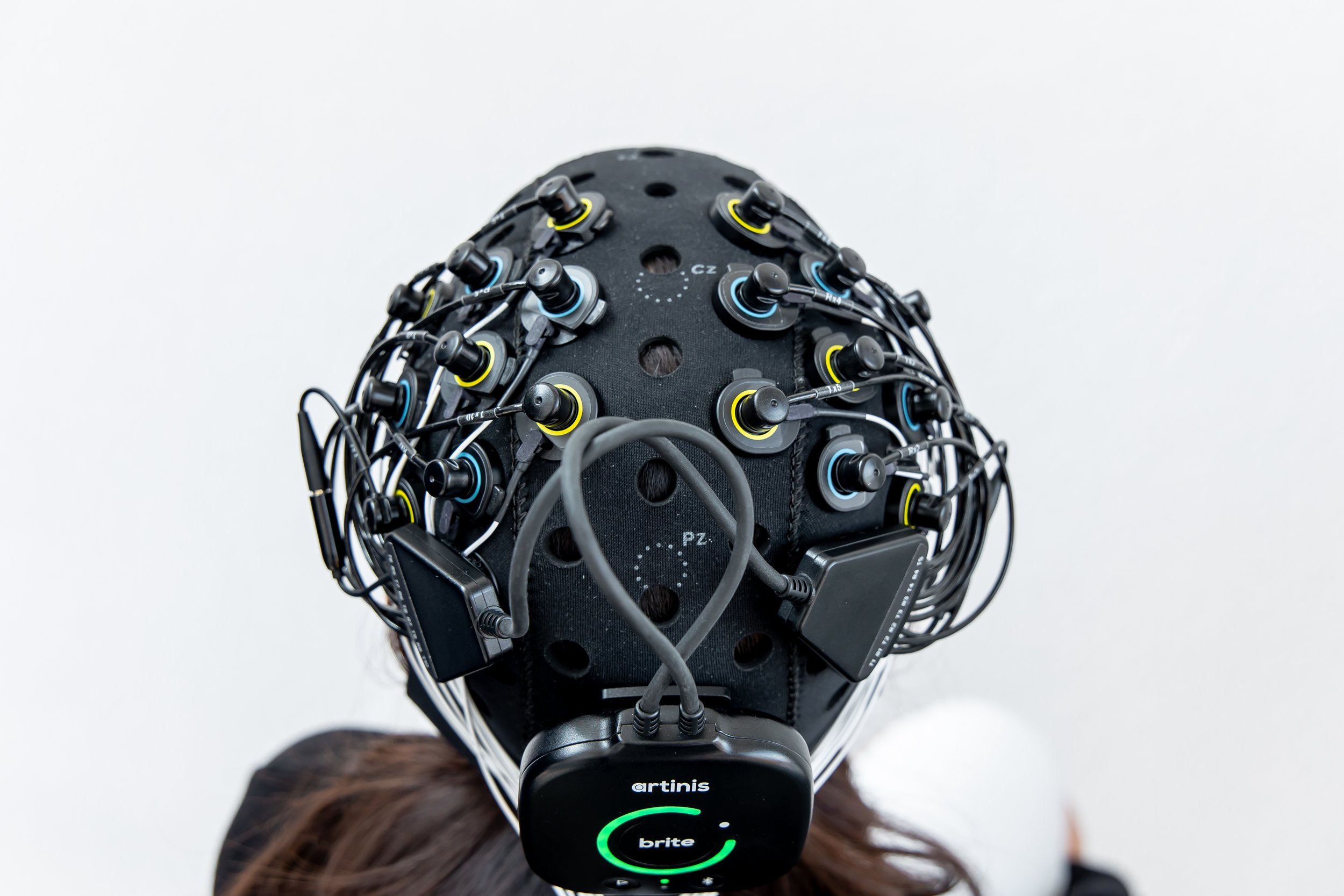
Multimodal fNIRS-EEG measurements — Integration on the head
When simultaneously measuring fNIRS and EEG, placement of both devices should ideally ensure proper coverage of the desired measurement location, minimize interference and take into account (technical) characteristics and basic of both techniques. Read this blog post to learn more about relevance of these points and further recommendations for integrating fNIRS and EEG on one head.
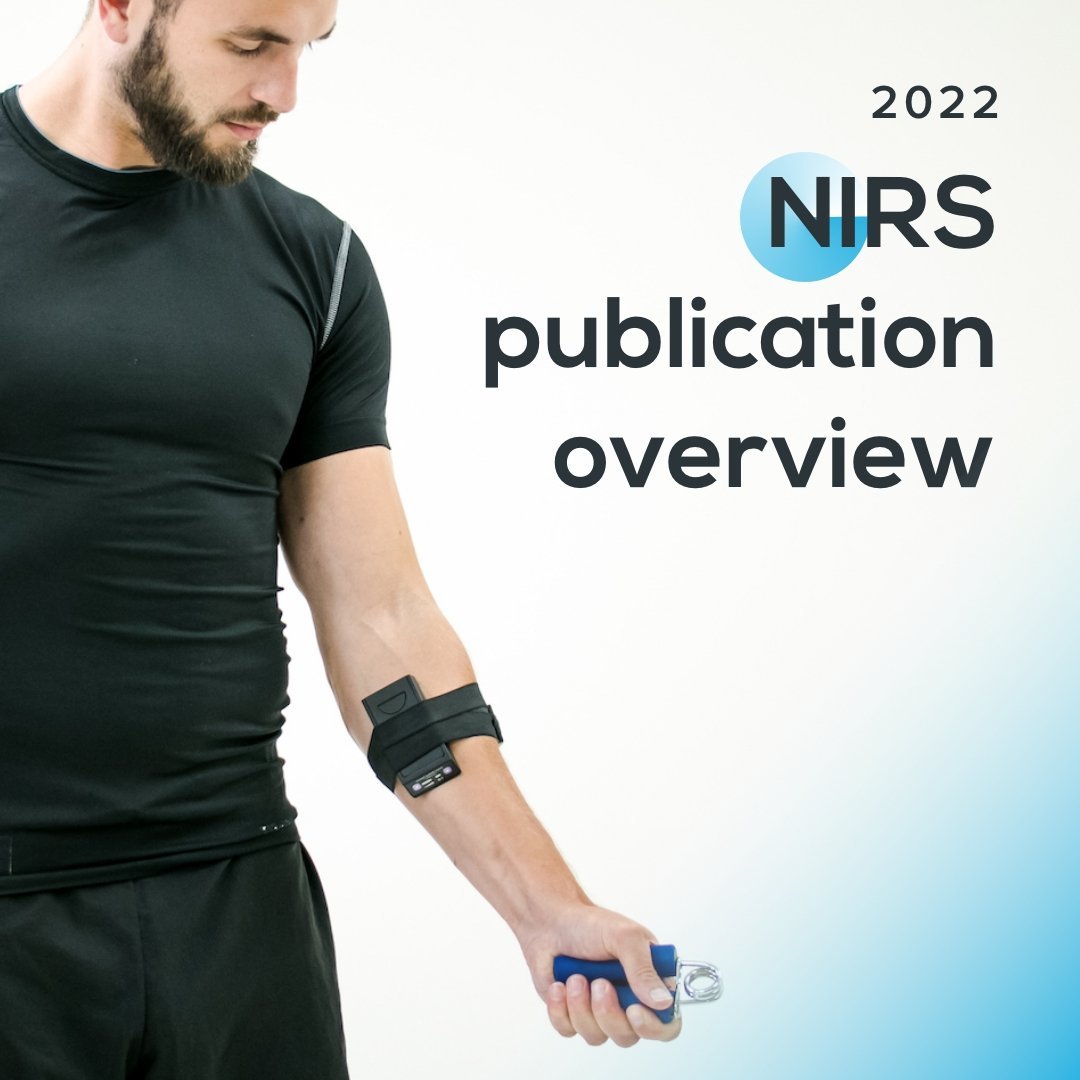
Publication Overview with our NIRS devices in 2022 – Muscle
We are proud that several papers using our NIRS devices to measure muscle oxygenation from different body parts and in various application fields were published in 2022. Read this blog post to get an overview of application areas NIRS can be used in, and which devices can be applied. Also, find highlighted publications per category that were performed with our devices in 2022.
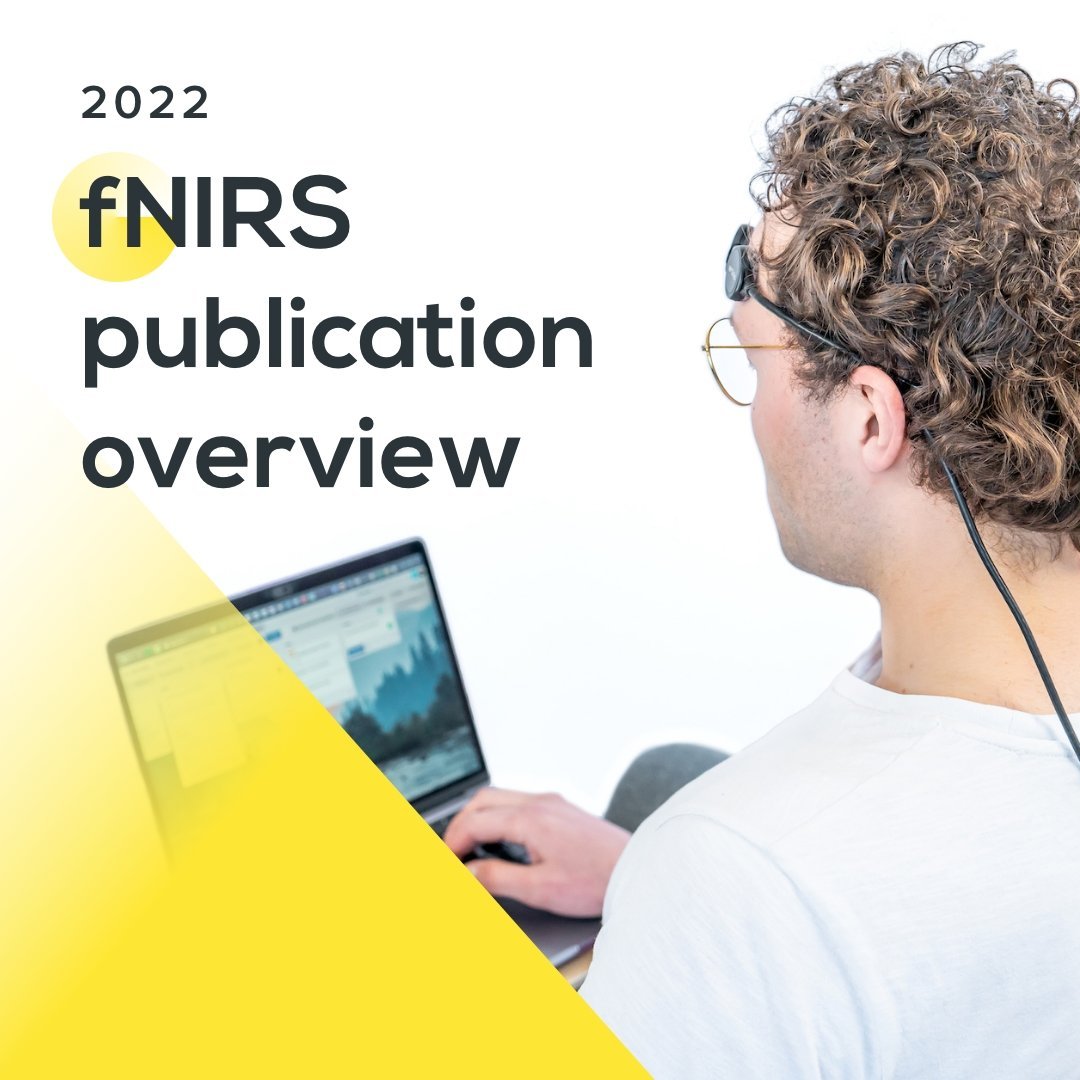
Publication Overview with our NIRS devices in 2022 – Brain
We are proud that several papers using our (f)NIRS devices to measure brain activation from different cortical areas and in various application fields were published in 2022. Read this blogpost to get an overview of application areas (f)NIRS can be used in, and which devices can be applied. Also, find highlighted publications per category that were performed with our devices in 2022.

2021 Publication overview with Artinis Near-Infrared Spectroscopy (NIRS) devices
More than 110 papers using our (f)NIRS devices in neuro- and sports science areas were submitted last year. This blog post gives an overview of all papers published in 2021 using Artinis (f)NIRS devices for different application fields/categories, including cortical brain research, sport science, clinical and rehabilitation, hypoxia research, hyperscanning and multimodality.
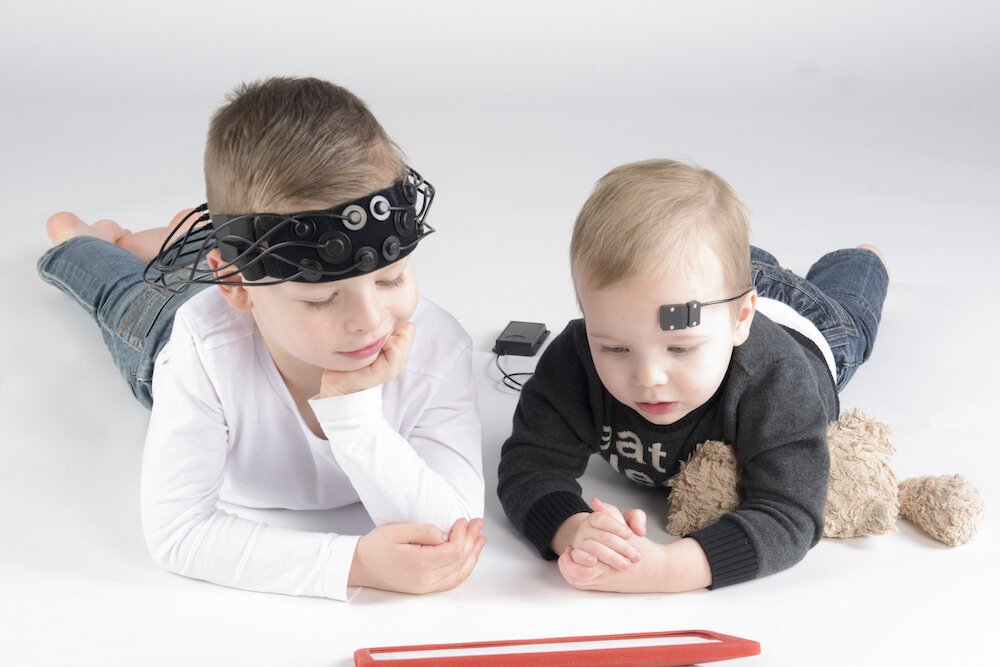
How to: Start a measurement and do a short analysis
If you don’t have time to read our extensive manuals, but would still like some quick pointers on how to start a measurement with one of our state of the art fNIRS devices… you’re in the right place! In this blog we will get you set-up in no time and discuss some of the analysis options our proprietary software, OxySoft, offers.
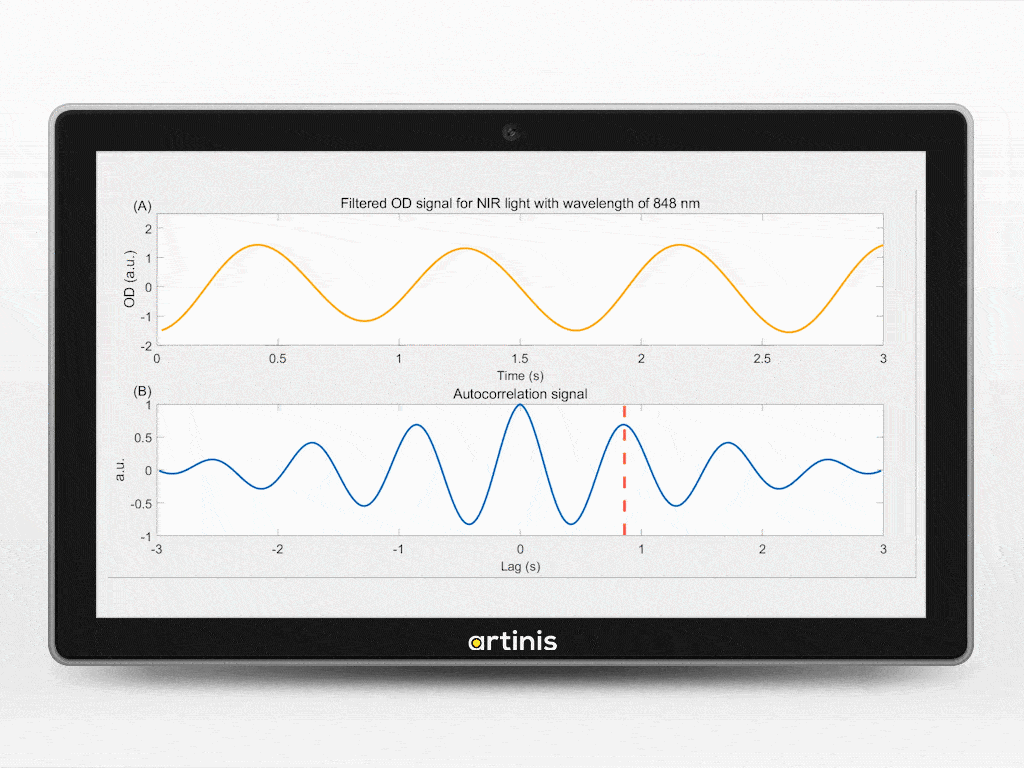
Heart rate extraction from NIRS signal
A commonly asked question is “What are the advantages of NIRS over EEG?”. NIRS signals are, in general, less susceptible to artifacts like motion artifacts or electrical noises. There are, however, also physiological components such as heartbeat, breathing, and Mayer-waves present in the signal. Although not an artifact, these components are usually filtered out since they are not useful in determining the pure hemodynamic response signal of the brain. Nevertheless, there is interesting information in the heartbeat. In this blog, we talk about taking advantage of the heartbeat in the NIRS signals and extracting the heart rate signal from them.
